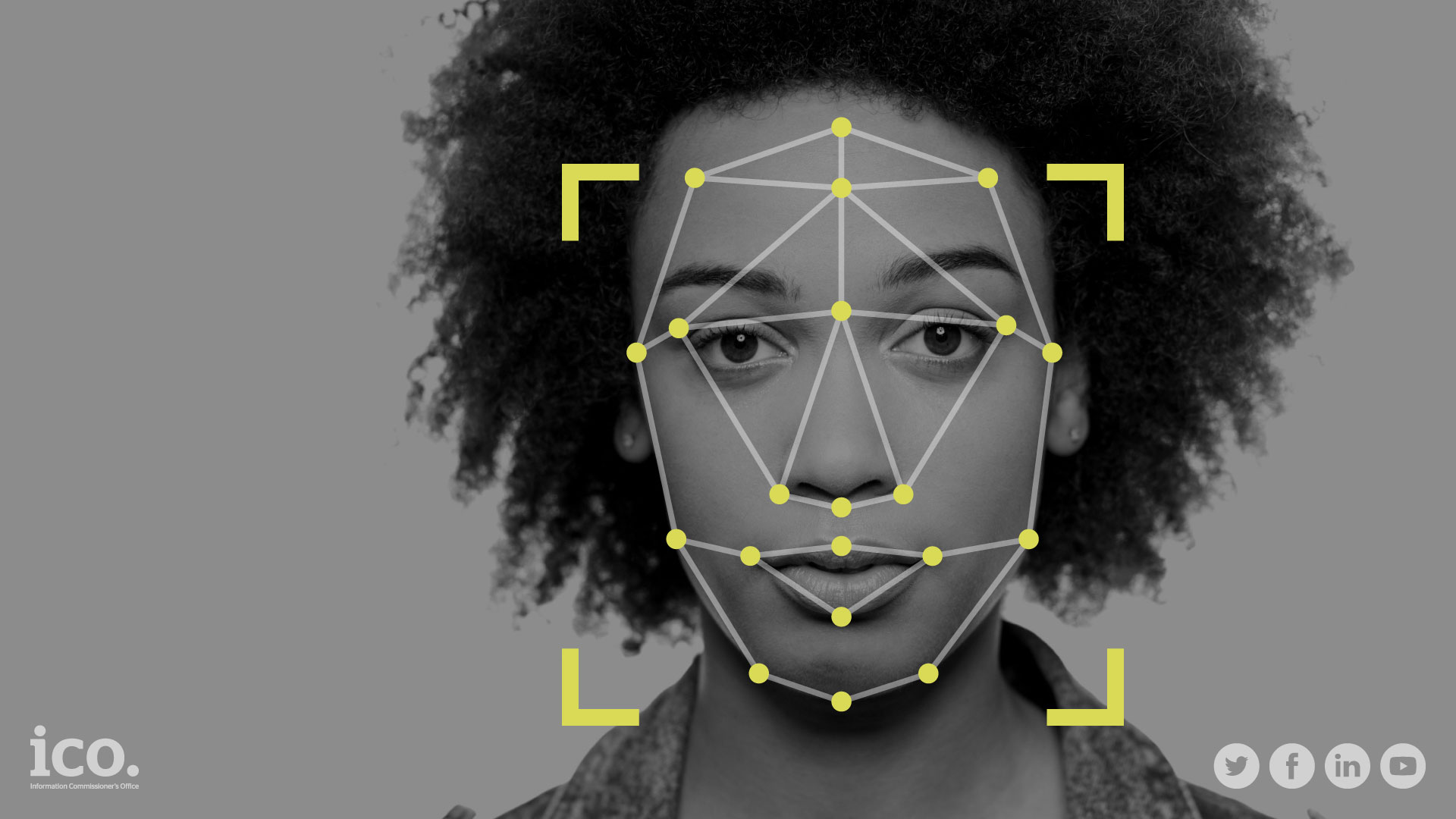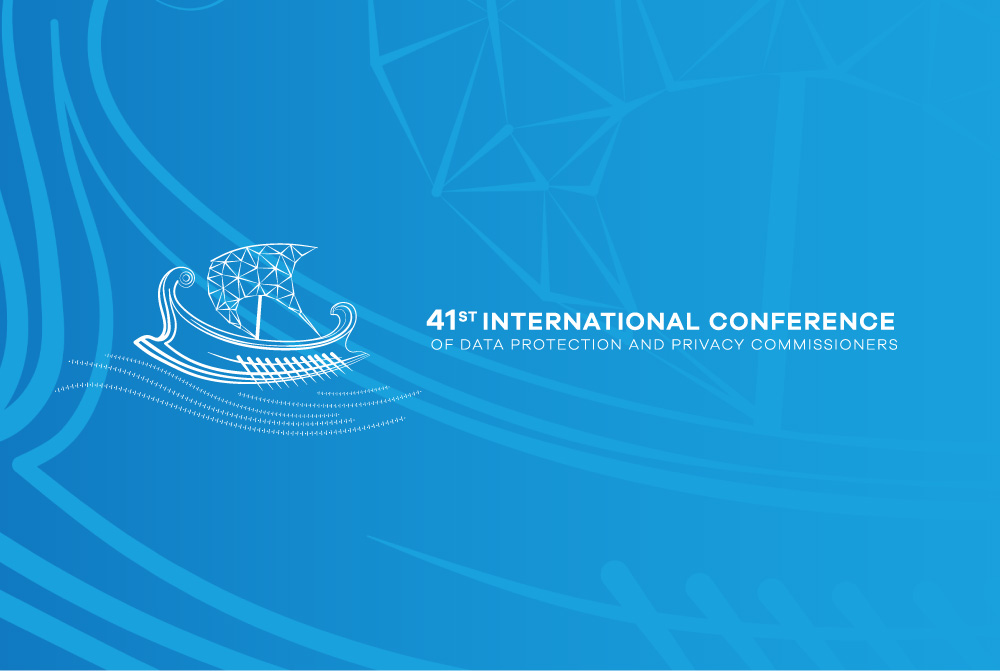By Ian Hulme, Director for Regulatory Assurance. 14 November 2019 Imagine if your medical records, information about your sex life or your political opinions were put into the public domain so anyone could see them. When personal data is shared by mistake the effects can be extremely damaging. The General Data Protection Regulation (GDPR) recognises that some types of personal data are very sensitive and states that data controllers must give it extra protection. This is known as special category data. Special category data is information concerning a person’s: health;…
Tag: Blog
ICO’s blog on its information rights work
Colleagues from the ICO’s access to information and compliance department share their experiences and involvement in raising awareness of our regulation of access to information legislation. Access to Information in Turbulent Times This is the first in a series of blog posts covering our regulation of access to information legislation. The first post is by Gill Bull, ICO’s Director of Freedom of Information Complaints and Compliance, who delivered the 2019 Bond Lecture at the British Records Association on 13 November 2019. Last week, I was delighted to present the annual…
Blog: Live facial recognition technology – police forces need to slow down and justify its use
By Elizabeth Denham, Information Commissioner. As far back as Sir Robert Peel, the powers of the police have always been seen as dependent on public support of their actions. It’s an ideal starting point as we consider uses of technology like live facial recognition (LFR). How far should we, as a society, consent to police forces reducing our privacy in order to keep us safe? That was the starting point to my office’s investigation into the trials of LFR by the Metropolitan Police Service (MPS) and South Wales Police (SWP).…
Blog: Embedding accountability – we want to hear from you
A blog by Ian Hulme, Director for Regulatory Assurance As a regulator, we can see how the use of personal data has changed over the past few years. There have been innovative technological developments in the public, private and third sector. However, with great innovation comes great responsibility. Organisations must understand the risks they create for individuals when processing their data and mitigate against those risks. Organisations must be able to demonstrate that they handle personal data appropriately and effectively. These actions are all a part of the data protection…
Blog: How coming to work at the ICO on a secondment can benefit both of us
By Simon McDougall, ICO Executive Director for Technology and Innovation 22 October 2019 The ICO is a varied and exciting place to work. On any given day, our employees might be investigating the potentially unlawful use of personal information to sell people goods, services or even political messages, or considering the privacy implications of emerging technologies such as facial recognition and artificial intelligence. They might be taking action against organisations responsible for data breaches, nuisance calls or excessive delays to freedom of information requests, or liaising with our counterparts overseas…
Blog: Global collaboration and how it helps the UK
A blog by Elizabeth Denham, Information Commissioner 21 October 2019 We live in an age of borderless data flows. We can be in our own homes, but as quickly as we tap an app on our phones, our information travels outside our personal four walls and is transmitted around the world. Wherever that data flows, we expect our information to be properly looked after. With that in mind, there has never been a more important time for global coherence in data protection and privacy. As UK Information Commissioner, part of…
Blog: Privacy and Innovation – lessons learnt from the FCA TechSprint
By Simon McDougall – Executive Director – Technology and Innovation 16 October 2019 I’ve found there’s often a misconception that regulation seeks to stifle innovation and that the role of regulators is to add layers of red tape. For me, that is simply not true. The ICO has said time and again, it’s not a case of privacy or innovation – it’s privacy and innovation. A few weeks ago, I was lucky enough to be a judge at the Financial Conduct Authority’s TechSprint. The event was a brilliant example of…
Blog: Privacy and Innovation – lessons learnt from the FCA TechSprint
By Simon McDougall – Executive Director – Technology and Innovation 16 October 2019 I’ve found there’s often a misconception that regulation seeks to stifle innovation and that the role of regulators is to add layers of red tape. For me, that is simply not true. The ICO has said time and again, it’s not a case of privacy or innovation – it’s privacy and innovation. A few weeks ago, I was lucky enough to be a judge at the Financial Conduct Authority’s TechSprint. The event was a brilliant example of…
New IMF Blog Considers Pros and Cons of Adoption of Stablecoins
The International Monetary Fund (IMF) has released a blog in which it outlines the potential benefits and downsides associated with the adoption of new digital payment methods, including stablecoins. In its recently published blog entitled “The Rise of Digital Money,” the IMF said stablecoins — digital currencies pegged to a physical asset or fiat currency and designed to minimize price volatility — could bring significant benefits to customers and society but are not without risks. The benefits, risks and regulatory issues The IMF said banks could lose their role as intermediaries, as the…
Blog: Three top issues for town and parish councils
By Stacey Egerton, Senior Policy Officer 14 August 2019 The advent of the GDPR in May 2018 brought new data protection obligations for many organisations. Some of this presented a challenge, particularly for smaller organisations like parish and town councils, who we saw were keen to demonstrate their compliance but needed support to achieve this. Now, well into the second year of the GDPR, it’s clear that organisations have woken up to the importance of getting privacy right and the new rights that the GDPR delivers, with increased protection for…









